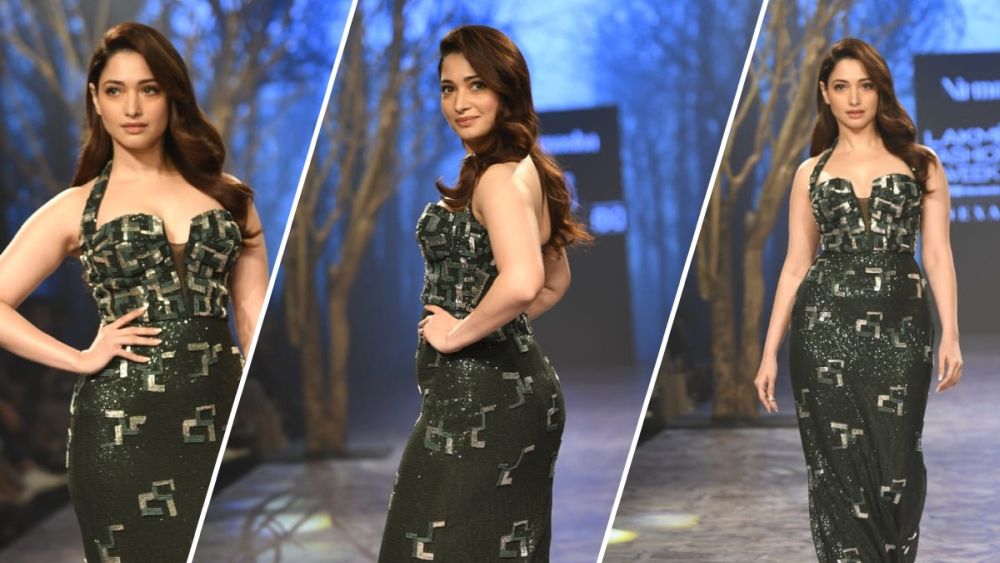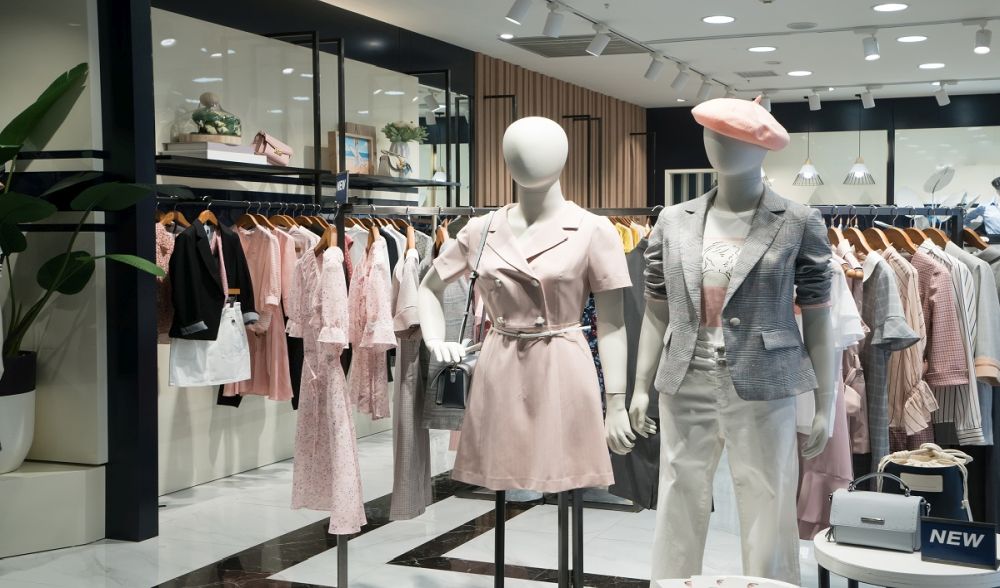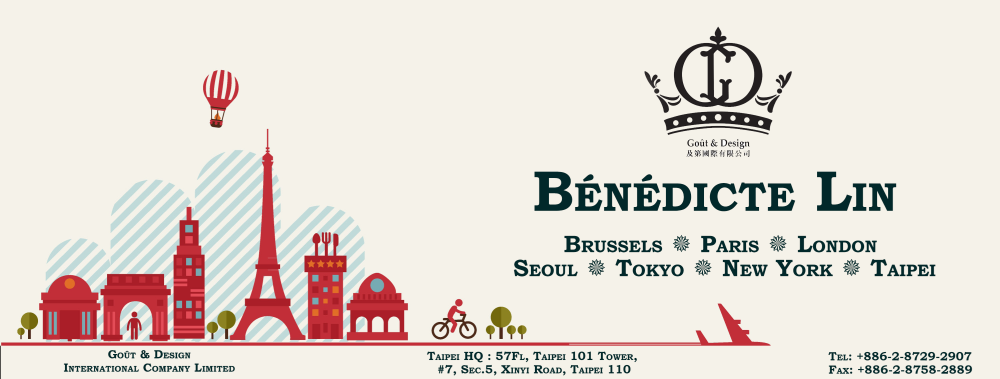Lakmé Fashion Week in India not only unveils the latest trends but also spotlights the imperative for sustainability. In collaboration with Lakmé, Reliance Brands, and the FDCI, the event signifies a pivotal moment in Indian fashion, weaving eco-consciousness into its fabric.

Last month’s Lakmé Fashion Week in India not only showcased the latest trends but also underscored the growing imperative for sustainability in the fashion industry. This four-day extravaganza, a collaboration between Lakmé, Reliance Brands, and the Fashion Design Council of India (FDCI), stands as a cornerstone event in Indian fashion. Amidst the customary glitz and glamour, a notable competition urged emerging designers to fashion outfits using eco-friendly materials, reflecting a broader movement within the Indian design community striving to make sustainability a focal point of their enterprises.

India’s burgeoning fashion industry, anticipated to reach $115-125 billion by 2025, holds a pivotal global position. While fast fashion is often vilified for environmental damage, the luxury segment, fueled by a new wave of affluent young Indians, shares culpability. Critics decry the industry’s alleged hypocrisy, accusing designers of leveraging terms like “sustainability” for marketing without substantive commitment. Jaspreet Chandok, Reliance Brands’ group vice-president, acknowledges the complexity but stresses the role of innovative materials and technologies in bridging the gap.

Efforts to address these challenges are underway, acknowledging the intricate balance needed between environmental concerns and the welfare of artisans, the backbone of the fashion market. Allegations of exploitative conditions persist, necessitating ongoing improvements. Achieving sustainable fashion is nuanced, with no one-size-fits-all solution. Eco-friendly fabrics present a double-edged sword, reducing carbon footprints but potentially contributing to deforestation. The post-COVID-19 landscape has witnessed a shift towards environmental consciousness, prompting changes in consumer behavior. Designers are adapting, focusing on one collection a year, and the concept of “slow luxury” gains traction, advocating for handcrafted garments that transcend fleeting trends. In the words of Mr. Thakore, “It’s simple – short-term trends are just not the solution to anything.”

Lakmé Fashion Week continues to set the pulse for Indian fashion, the integration of sustainability emerges as a defining ethos. With the industry poised for substantial growth, addressing environmental concerns and labor conditions becomes paramount. The paradigm shift towards “slow luxury” and mindful consumer choices signifies a progressive step, recognizing that lasting change in the fashion landscape requires a harmonious blend of innovation, responsibility, and consumer awareness.

